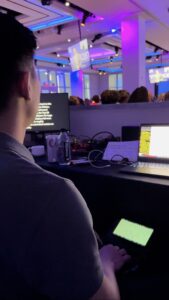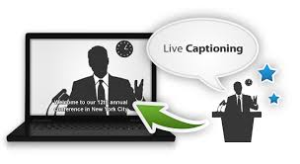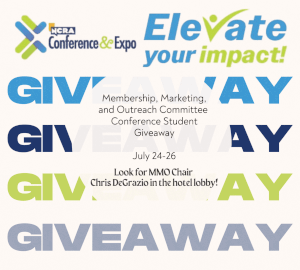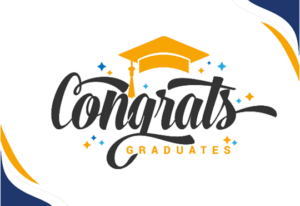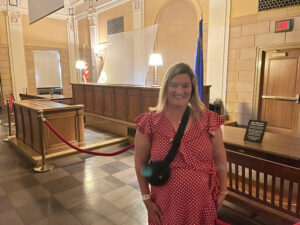By Rachel Farbman
As an individual who grew up deaf and using American Sign Language, Andrew Phillips cares greatly about his rights to communication access. Be it closed captioning on television or sign language interpreters in schools, he has always felt strongly about advocating for deaf and hard-of-hearing rights.
Phillips, a native of the San Francisco Bay Area, first got involved with the disability rights movement while a student at Gallaudet University in Washington, D.C., where he studied government. The opportunities he was afforded while attending Gallaudet inspired him to pursue a law degree at the Hastings College of the Law, University of California, in San Francisco, Calif. About two and a half years ago, Phillips joined the National Association of the Deaf as their policy counsel. He has brought the NAD’s policy work before the Federal Communications Commission, Department of Justice, U.S. Copyright Office, Department of Transportation, Transportation Security Administration, and other federal agencies.
According to the NAD, there are approximately 48 million deaf and hard-of-hearing people in the United States. Thanks to the efforts of the NAD and disability community leaders, the number of laws in place to improve access for people who are deaf and hard of hearing, including the Americans with Disabilities Act of 1990, 21st Century Communications and Video Accessibility Act of 2010, Telecommunications Act of 1996, Television Decoder Circuitry Act of 1990, and Rehabilitation Act of 1973, have increased access to CART and captioning tremendously over the last decade.
“I see a lot of growth for the captioning of online-only programs. We are seeing more and more programs available online that have never been shown on TV with captions or even been captioned for theater showings or discs,” said Phillips. “The amount of video content online has exploded and hopefully these video programming providers will want to provide more access to their content.”
“The biggest change I have seen (since joining the NAD) is in access to online video programming,” said Phillips. “The CVAA passed in 2010, and I have been very involved with online video programming related rulemakings at the FCC, and at the same time, the NAD has been working with online video providers to get them to caption more of their content.”
On July 25, 2013, the White House celebrated the 23rd anniversary of the ADA. They honored Phillips along with seven other young leaders in the disability community as Champions of Change for their advocacy efforts and ground-breaking projects.
“I’m tremendously honored by this recognition and really appreciated the opportunity to share about the work that I am doing with the NAD,” Phillips said.
In his work, Phillips has crossed paths on numerous occasions with NCRA and said that he believes the NAD has a great relationship with the association, as both organizations share the same values for improving disability access through captions, as well as the need for captioning quality standards.
“Captioning quality is a big issue for deaf and hard-of-hearing people, whether it’s closed captions on television or with CART services,” Phillips said. “The NCRA’s work in expanding access to quality captioning is very important.”
An avid the fan of the San Francisco 49ers and the San Francisco Giants, Phillips enjoys watching sports on television and personally benefits from live captioning. He encourages NCRA to continue working closely with national deaf and hard-of-hearing organizations, such as the NAD, in pushing for captioning quality standards on television.
“The quality of captioning on television makes a big difference in how much of a program deaf and hard-of-hearing people can understand. Poor quality captioning results in misunderstandings and missed information,” Phillips explained. “We want to see skilled captionists, such as those with training and experience, being used to caption television programs, especially live programs. Quality captionists usually mean quality captions.”
Rachel Farbman is NCRA’s [title].

